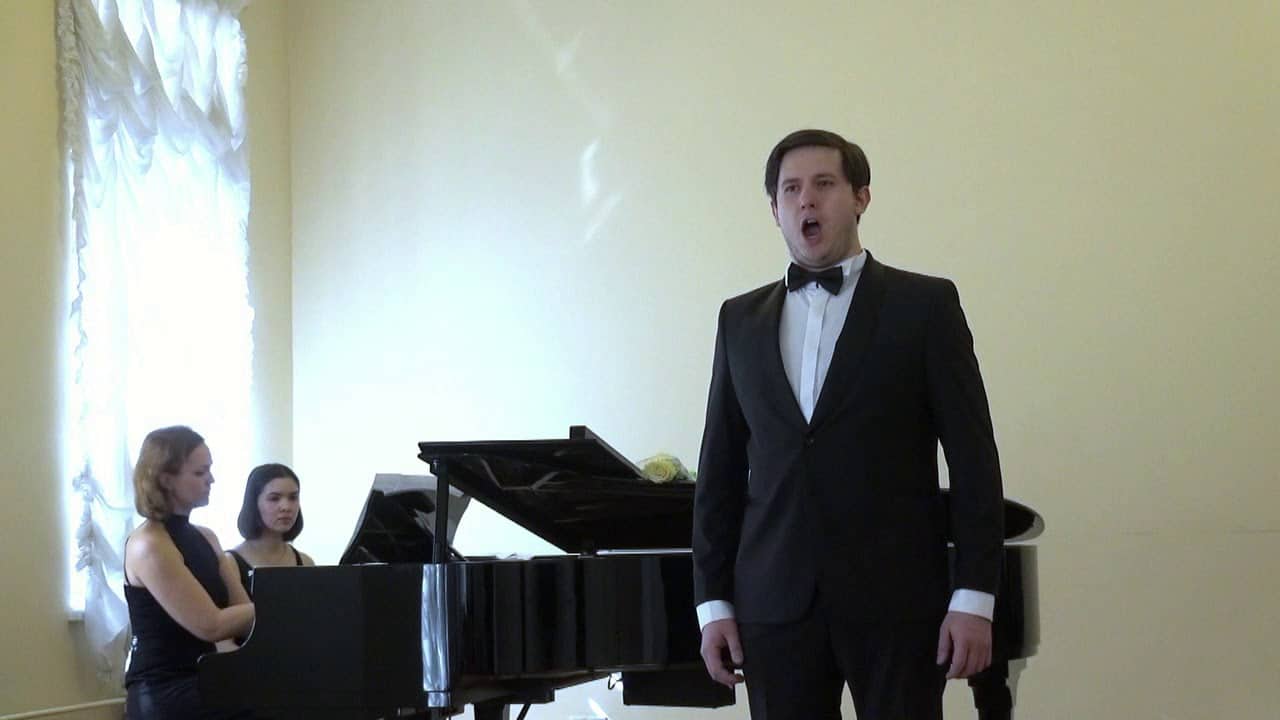25 years without John Cage
mainIt was August 12, 1992 when we learned that John Cage was no longer with us, dying in a New York hospital and narrowly missing the milestone of his 80th birthday.
At the time, it seemed like the end of an age of iconoclasm, of composers who proclaimed that music is whatever they proclaim it to be.
But as time passes, Cage’s ideas deepen and extend far beyond the coterie of the avant-garde. No living American composer has got where he or she is today without engaging with Cage in some shape or form. Any number of progressive rock and pop performers have read Cage.
And many soloists have been stunned by the sheer, transfixing beauty of his work for single instruments.
John Cage lives on in some places he least expected.
Here’s a stash of working musicians’ tributes.

photo (c) Betty Freeman/Lebrecht Music&Arts





John Cage was a charlatan. Unlike his friend Morton Feldman, who was arguably the greatest American composer thus far.
That’s funny you say that. I was a senior at Conservatory when I read that Morton Feldman walked out on the beach one day, drew a grid on a piece of paper, put a bunch of numbers on it, asked himself “what is this?”, decided it would be a percussion piece, and named it “King Of Denmark.,” That moment, I decided to stop playing a lot of modern, avant-garde classical percussion pieces. Why was I busting my butt to master tremendously hard music that was in fact just someone’s fun throwaway?
By contrast, I always enjoyed Cage’s performances. He was fun to play for/with. I always enjoyed listening to him speak, as well. So, I’m a Cage fan.
In a friendly way across these electrons, I say, “Let’s agree to disagree.”
Fred, we can agree to disagree. I believe that Feldman’s greatness took shape gradually and is mainly based on his late, non-aleatoric scores. He kept getting better.
Some of Cage’s dubious ‘pieces’ had ontological problems.
Interesting that you point out that Cage and Feldman were friends, which would imply mutual respect and affection. Yet you seem to lionize one and label the other a charlatan.
Listen to this conversation if you want to gain an appreciation of their friendship. Obviously Feldman thought JC had much to offer.
https://archive.org/details/CageFeldmanConversation1
Cage wasn’t a charlatan, he was a total genius. His ideas came from Zen Buddhism and Taoism rather than selling a cheap idea, and he embodied these principles in his life and his work. It’s just the elimination of an ego/identity and doing something that’s remarkably effortless that many people cannot fathom as they cannot comprehend art being made without a struggle. Whatever he did, he made music that was very beautiful and profoundly affected subsequent generations with his efforts. Total legend!
If one says that every sound = music, no sound is music, in the same way as the saying that everything = art, is nonsense, because in that case, nothing is art. Cage wanted to remove human intervention from sound production, thinking that only then, the sound would be liberated from human manipulation which somehow did not leave the sounds to be themselves. His appropriation of ideas from eastern philosophy were equally flawed, thinking that using randomness would produce meaning, misunderstanding the I Tjing and synchronicity. Etc. etc…. it is all very naive thinking, belonging to the time capsule of American hippiedom of the 1960s. With music or art Cage’s activities had nothing to do, and his legacy is only interesting for lazy people ignorant of culture.
“With music or art Cage’s activities had nothing to do, and his legacy is only interesting for lazy people ignorant of culture.”
Look everyone: our self-proclaim emperor of what to listen to in music has now declared that if you’re interested in John Cage, you’re intellectually lazy.
Am I the only one to find this little musical fascist and third-rate composer increasingly annoying?
No, you’re not. It’s not annoying really, sad perhaps.
The more the diatribe continues the more I listen to the music he despises, the ‘entartete effect’.
Now then, where’s my original set of ‘From the seven days’ by KHS, that’s great for rinsing out a few dreary tonalities.
We pick-up these last two comments with pincers, as archeologists do when exploring a long-lost civilization. And we try to understand the mind-set of these mysterious tribes, populating these shadowy 21C dwellings, some of them maybe even towns or cities with stone pavements. After extensive comparative academic examination, the outcome does not fail to confirm our suspicions: in those times, the hatred for their own culture went to such lengths that any attempt to preserve some of its interest provoked the tribes to even read and comment on classical music sites, after which they happily withdrew into their bunkers which were the only surviving places where flat, purely sonic art could still be enjoyed unhindered by the awareness of something better.
This is a repsonse to Mr Borstlap from August 14, 2017 at 6:50 pm:
From which imaginary century are you speaking, John? And I see the old patriotic pep talk twaddle about “hatred for their own culture”. I hate to break it to you but Cage is both a product of, and very much part of, our culture.
As a charlatan, he was a total genius, no doubt about it. In his late years, he could give an almost silent 30-minute lecture and be hysterically applauded. Very impressive.
Cage was a mushroom on the heap of a decomposing culture.
You underestimate the scientific, medicinal and other important properties of the humble mushroom and funghi. The analogy doesn’t work well. Better luck next time.
Yes, maybe it is unfair to compromise the mushroom… after all, it has contributed considerably to sixties hippiedom.
Irrespective of one’s opinion of John Cage and his music, the analogy is apt. Cage’s hobby was mycology.
Couldn’t agree more.
Wow, 25 years, that’s about 13327200’11”
For Cage, the empty posts are even more appropriate than the smiley face.
Hilarious!
It’s great that rabid Cage fans and detractors can find the same jokes funny!
🙂
It would have been more interesting if Cage had thrown the brick at the piano, instead of putting a brick in the piano!
This seems to be something for you:
http://www.smithsonianmag.com/smart-news/day-piano-fell-sky-180955093/
gjifrfjioaijeai; u8f9ejil;ln hjjil;ljiillj99wejwlapp
(if everything is literature, then this is too!)
Thank you for your scholarly comment on Cage’s ‘Empty Words.’ Now I can understand it.
I was wholly unacquainted with this masterpiece. I am assuming this is what you were referring to: https://www.youtube.com/watch?v=KGerrvq-UlI
or https://www.youtube.com/watch?v=w5U4Z3Z5ff0
Apt demonstrations of Cage’s life work.
It’s your greatest work. Full of invention, consistently chaotic in structure, referencing ancient hieroglyphics, a reflection of our modern and somewhat chaotic age; your use of the letter “i” reveals an implicit criticism of our contemporary age and its fixation on the self – yet, at the same time, a distillation of the idea of the ‘i’ belonging to a distinct identity group. Brilliant.